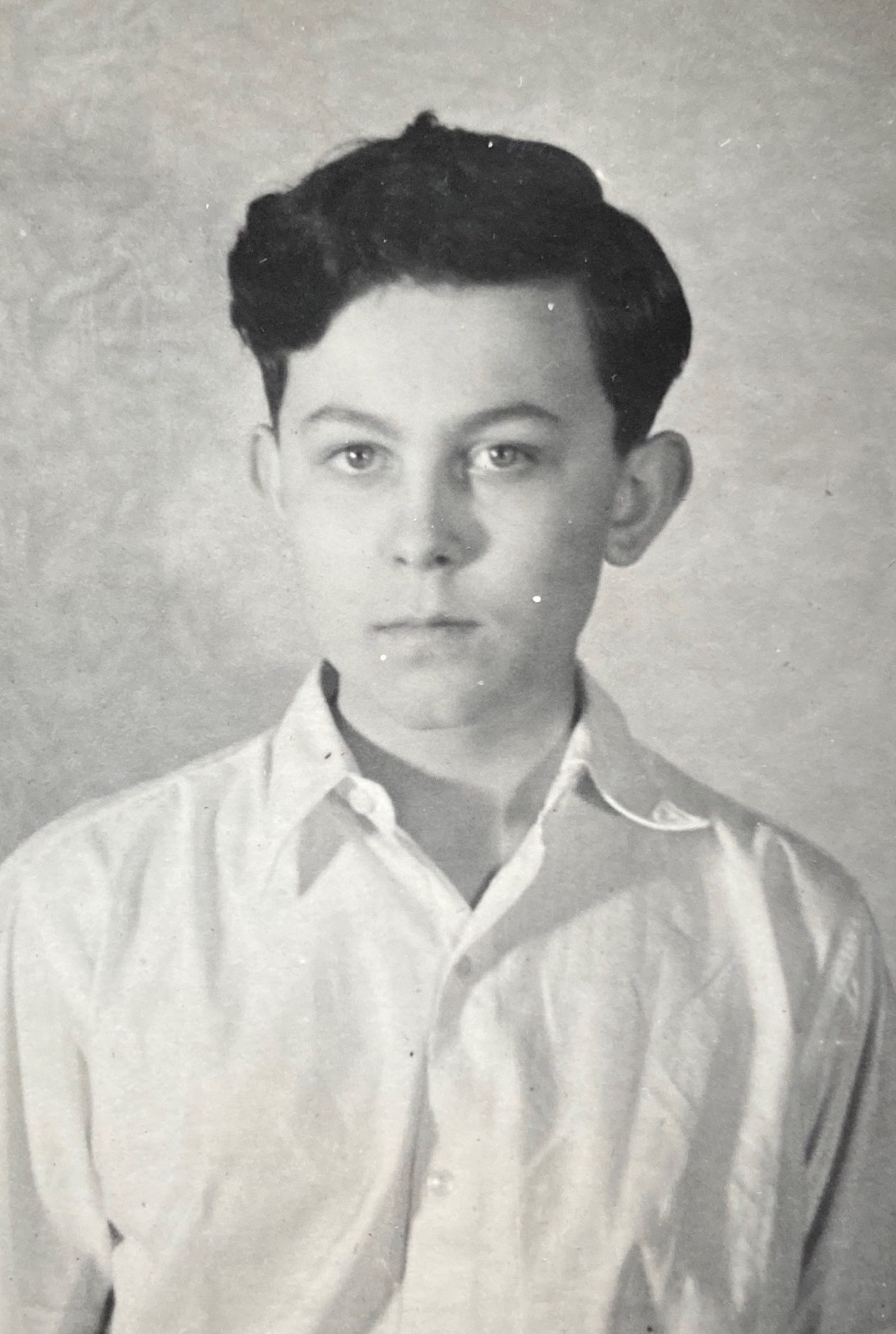In court, I told the prosecutor that I would still preach after I was released.

Download image
Jiří Kubík was born on 10 November 1941 in Prague as the older of two sons. A year after his birth, the family moved to Ostrava, where his father began working as a chemist. After the end of World War II, his parents got a large apartment in Ústí nad Labem, where they moved as new settlers of the border region. Here, the witness’s father continued his profession, this time in a chemist’s shop in Ústí nad Labem. Jiří Kubík attended elementary school there and then entered the secondary industrial school, which he finished with a high school diploma. On the recommendation of his father, he began to study inorganic chemistry and in 1964 he graduated as an engineer. Immediately afterwards, he started working as a chemist in a chemical plant in Ústí nad Labem, where he worked until 1981. It was there that he first became acquainted with the teachings of the Jehovah’s Witnesses around 1966 and decided to expand the ranks of this community. He regularly attended secret meetings held in private apartments and devoted himself to missionary and preaching activities. From 1983 onwards he was actively monitored by State Security in the framework of the “Postman” action and was subsequently arrested in April of that year and transferred to the detention centre in Litoměřice. After several interrogations, he was finally sentenced by the Regional Court in Ústí nad Labem to thirteen months without parole. He served his sentence in Correctional Education Group I in Oráčov Prison. There he had to work regularly with other convicts on the construction of the railway line between Rakovník and Louny. After serving his sentence, he remained under the supervision of State Security Service, but despite this, he devoted himself fully to his preaching activities. After the Velvet Revolution he was fully rehabilitated. Today Jiří Kubík lives in Ústí nad Labem and still studies religious texts and carries out preaching and missionary activities in the Jehovah’s Witnesses Church.











